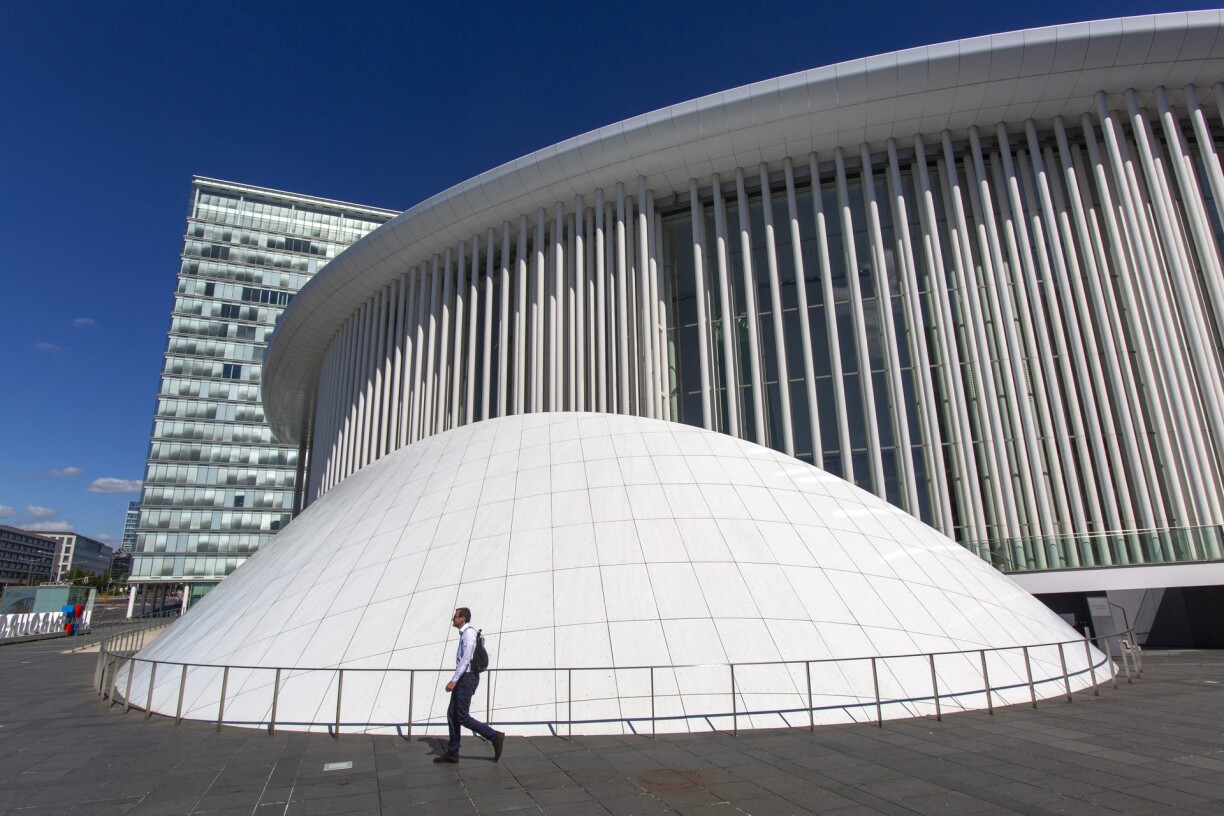
In her recent letter, Martina Patone argues against the invitation of the Israel Philharmonic Orchestra to Luxembourg. She claims its presence serves as “Brand Israel” and should be seen as state propaganda. With respect, this reasoning is deeply flawed.
First, let’s be clear: the Israel Philharmonic is not the Israeli government. Holding an orchestra responsible for political decisions is absurd. The musicians are artists, not policymakers. To block their concert would amount to cultural collective punishment: penalizing individuals simply because of where they come from. That’s a logic Patone would surely reject if applied in other contexts.
Patone also leans on accusations against Israel that echo Hamas talking points to bolster her argument. Reiterating propaganda from a terrorist group does not advance the cause of peace, it entrenches division. If anything, it turns culture into another battlefield instead of a space for dialogue.
And dialogue is exactly what the Israel Philharmonic represents. This orchestra has repeatedly collaborated with Palestinian and Arab musicians: a living example of how music can build bridges where politics cannot. Silencing such a group undermines, rather than strengthens, the pursuit of coexistence.
What’s striking, too, is the selective outrage. Patone never wrote with the same urgency about Israeli civilians still held hostage in the tunnels of Gaza or any other major conflicts around the globe. Where is the voice for those innocent victims? The imbalance reveals less about universal human concern, and more about political convenience, when Israel is to be blamed.
Patone compares the orchestra’s presence to cultural propaganda in Nazi Germany. That analogy is deeply offensive and historically false. The Israel Philharmonic was founded in 1936 by Jewish musicians fleeing Nazi persecution. Its very origin story is a testament to survival, freedom, and the power of art against tyranny. To dismiss it as propaganda is to erase that history.
Luxembourg should embrace this concert, not fear it. Welcoming the orchestra is not an endorsement of government policy: it is a celebration of art, of exchange, of humanity. If we start banning artists for the politics of their homelands, we will close one of the last open spaces where people can still meet as humans and not enemies.
Art is not propaganda. It is possibility. And in a fractured world, we should be opening doors to possibility, not slamming them shut.
Daniel Kaderjak is a lawyer living in Luxembourg.